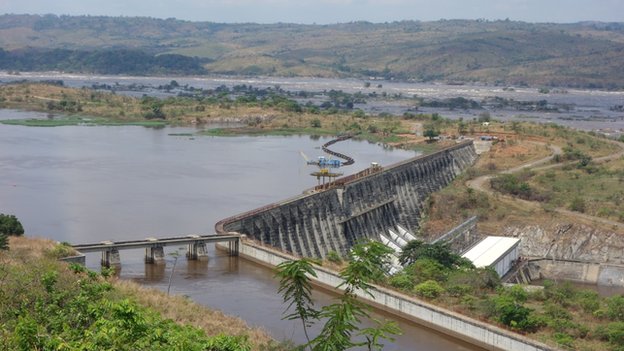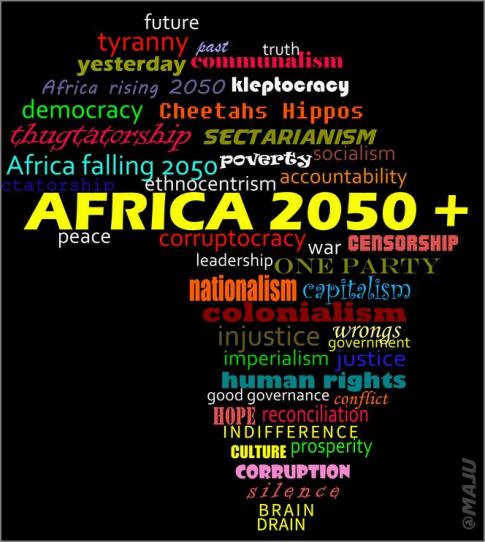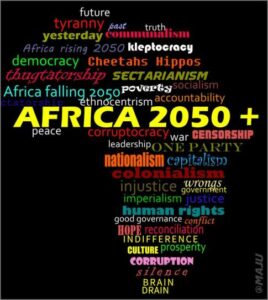More than one million African children have benefitted from social enterprise development in Africa in the last five years, according to a new report released by Reach for Change Africa (http://Africa.ReachForChange.org). The non-profit organization, which, this year, is marking its 5th anniversary themed “Accelerating Impact. Driving Change”, also reported that over 300 early-stage social entrepreneurs were supported to develop organizations that are improving the lives of children, youth and women in 7 African countries.
Since it was first launched in Accra, Ghana in 2012, Reach for Change Africa has provided crucial business development support for social entrepreneurs who, in turn, used their social businesses to impact over one million children. As a result, over 435,000 African children were protected from mental abuse and threats, over 308,000 children were provided with high quality education, and over 156,000 children were supported to develop and live healthy lives.
“The social enterprise movement is really starting to take off in Africa, and we are honoured to be a part of this movement for change,” said Amma Lartey, Reach for Change Africa’s Regional Director. “With the right supports, social entrepreneurs have the potential to lead Africa’s development and impact millions along the way.”
Reach for Change Africa is a non-profit organization that runs incubators, accelerators and other customized programs to help local social entrepreneurs develop sustainable organizations that impact the lives of children, youth and women. In the report, a number of social entrepreneurs from the 7 countries where Reach for Change Africa operates, explained how the organization’s programs helped them to develop their social ventures.
“Being in the Incubator has helped me develop a scalable model,” said Carolyne Ekyarisiima, the founder of Apps & Girls in Tanzania. Apps & Girls is a social enterprise that is bridging the gender gap in ICT through coding clubs, workshops, exhibitions, hackathons, bootcamps and competitions for girls and young women. Since joining the Reach for Change Incubator, Ms. Ekyarisiima has scaled her organization from just one location to 21 clubs in Dar es Salaam.
“This year, I spoke with my mentor at Reach for Change about the possibility of franchising my social enterprise and got great feedback. This led me to apply for the NEXTGEN franchising competition and because of the great influence and impact of the Reach for Change Incubator, I was among the winners! Now I am looking into scaling Apps & Girls across all of Tanzania and other African countries,” she added.
The Reach for Change Incubator also helped James Kofi Annan build a social enterprise that’s fighting child-trafficking in Ghana.
“I owe a debt of gratitude to Reach for Change. Its Incubator program brought direct benefits to me and to Challenging Heights. Today, Challenging Heights is a well-respected global leader in the fight against child trafficking.” said James Kofi Annan.
From the age of 6 to 16, James Kofi Annan was enslaved, starved, abused and forced to work in appalling conditions. After managing to escape and turning his life around, James was determined to prevent other children from experiencing the same thing. He founded Challenging Heights, an organization that rescues and rehabilitates children from slavery, identifies and educates vulnerable children and establishes income-generating initiatives in at-risk communities and empowers youth and families to help prevent child trafficking.
Since joining the Reach for Change Incubator in 2013, James has more than quadrupled Challenging Heights annual budget and is implementing a 5 year strategic plan, developed with support from Reach for Change. Most importantly, he has impacted the lives of over 8,000 Ghanaian children.
The 5 year anniversary report also details Reach for Change’s plans for the future. Over the course of the next 5 years, the organization plans to run additional accelerators to increase the number of African social entrepreneurs that they reach, enriching the social enterprise ecosystem across Africa through research, and implement new programming, such as the rapid scale program for more established social entrepreneurs in the growth phase of their development.
To ready the full impact report, visit: http://Africa.ReachForChange.org/impact.
Distributed by APO on behalf of Reach for Change.Media Contact:
For enquiries, please contact
Tadziripa Madzima-Bosha
Africa Communications Manager
Reach for Change Africa Communications
Email: Africa.Communications@ReachForChange.org
Phone: +250 729 001 048
Connect with us:
Website: http://Africa.ReachForChange.org
Facebook: R4CAfrica (www.Facebook.com/R4CAfrica)
Twitter: @R4C_Africa
About Reach for Change Africa:
Reach for Change Africa (http://Africa.ReachForChange.org/en) is a non-profit organization that invests in innovative, early-stage social entrepreneurs who are addressing problems faced by children, youth and women in seven countries across the continent; Ghana, Senegal, Chad, Ethiopia, DR Congo, Rwanda and Tanzania. Reach for Change runs innovation competitions and provides Accelerator and Incubator programs to exceptional social entrepreneurs who are supported to scale their innovations through funding, access to technical and organizational management expertise, and networking opportunities. Reach for Change Africa is a part of the global organization Reach for Change which operates in 17 countries worldwide.

























